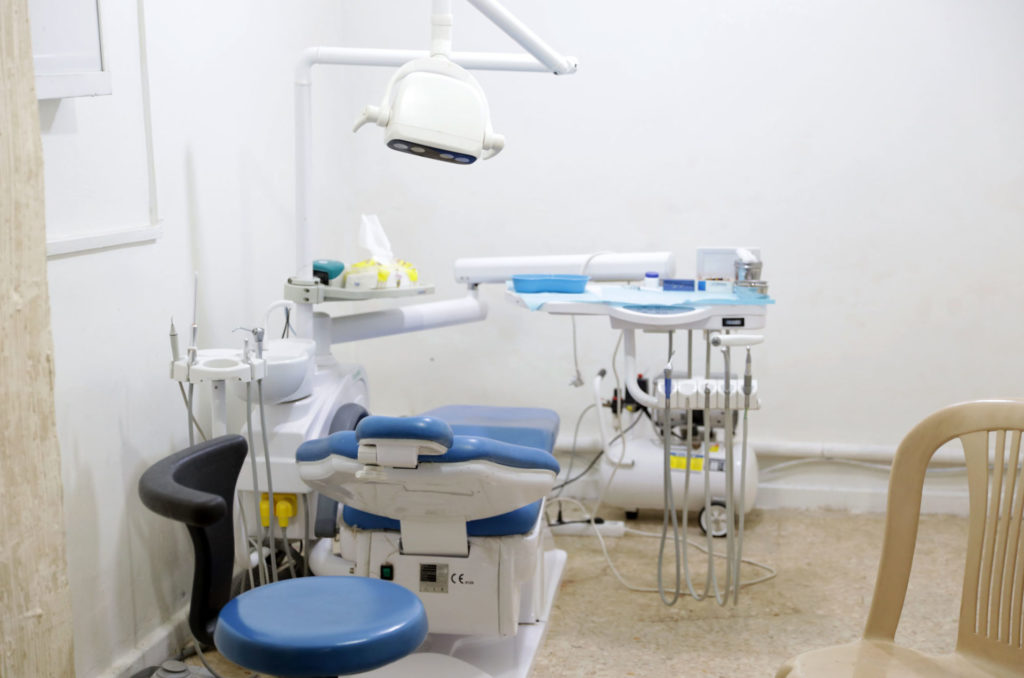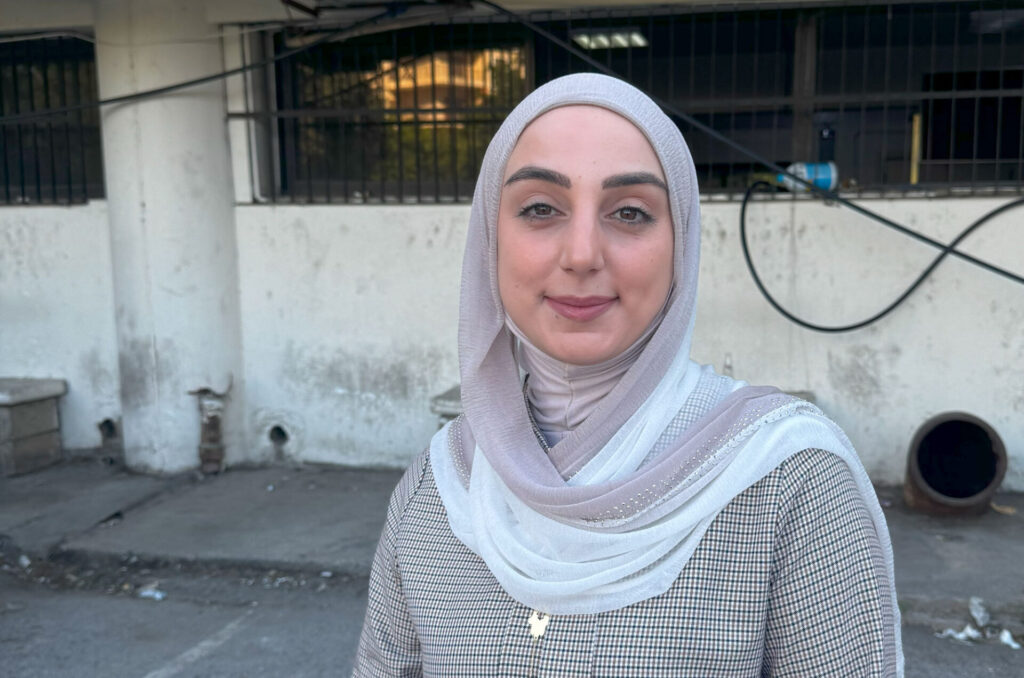Aug, 2022
We're installing solar power systems at medical clinics across Lebanon, supporting quality health services for refugees and the vulnerable
Ever since the start of the civil war in Lebanon in 1975, the country has suffered from electricity shortages, and households have frequently had to endure regular hours-long power cuts. The electrical system has never been adequately restored, even over three decades after the civil war ended.
If this situation was unpleasant before, it has become intolerable in recent years. Growing political instability, government inaction, and a financial crisis have devastated the entire country, depriving many of basic goods and services.
Lina Atat, Anera’s medical donations program manager, says,
“Electricity cuts are a national challenge. Fuel prices are skyrocketing which hinders the ability of health centers to operate and provide health services. Economic vulnerability is a huge issue — nine out of 10 Syrian refugee households in Lebanon were living in extreme poverty, which puts their health at risk.”
No national solution to the electrical shortages is forthcoming in the foreseeable future. Those who can afford it have long found alternate sources of electricity that do not depend on the public infrastructure. In the past this meant private diesel generators.
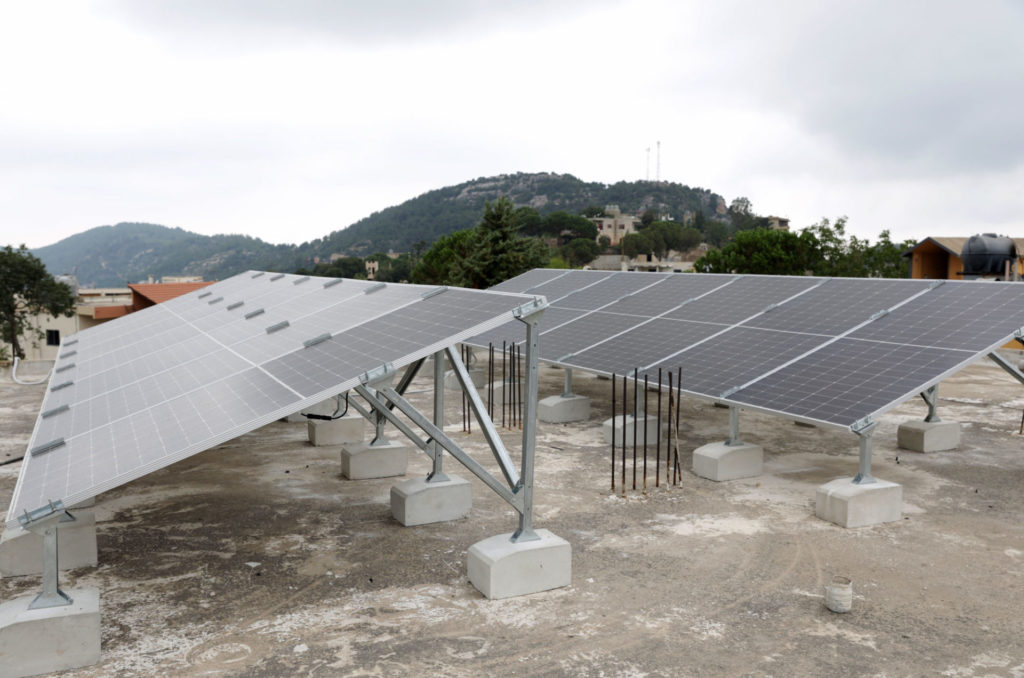

However, in recent years the costs of the generators have risen sharply due to the rising costs of fuel. The better off have now begun to switch to more sustainable electricity systems.
Syrian refugees and other vulnerable groups have been pushed into extreme poverty, and are unable to afford basic services like cooling and heating, medical care, transportation, and rent. Medical organizations and health centers are equally strained, managing rising operations expenses at the same time they are seeing higher numbers of patients who are unable to pay.
Abdullah Hazim, a general practitioner and the clinic manager at Tal Hayat Dispensary in Akkar, says,
“We’ve been suffering from the crumbling electricity sector — the whole country has. We depend on electricity. As we were one of the leading providers of vaccines for children in the region and our fridges required constant electricity. And our generators had to be turned on day and night to safeguard the vaccines, despite the unbelievably high costs.”
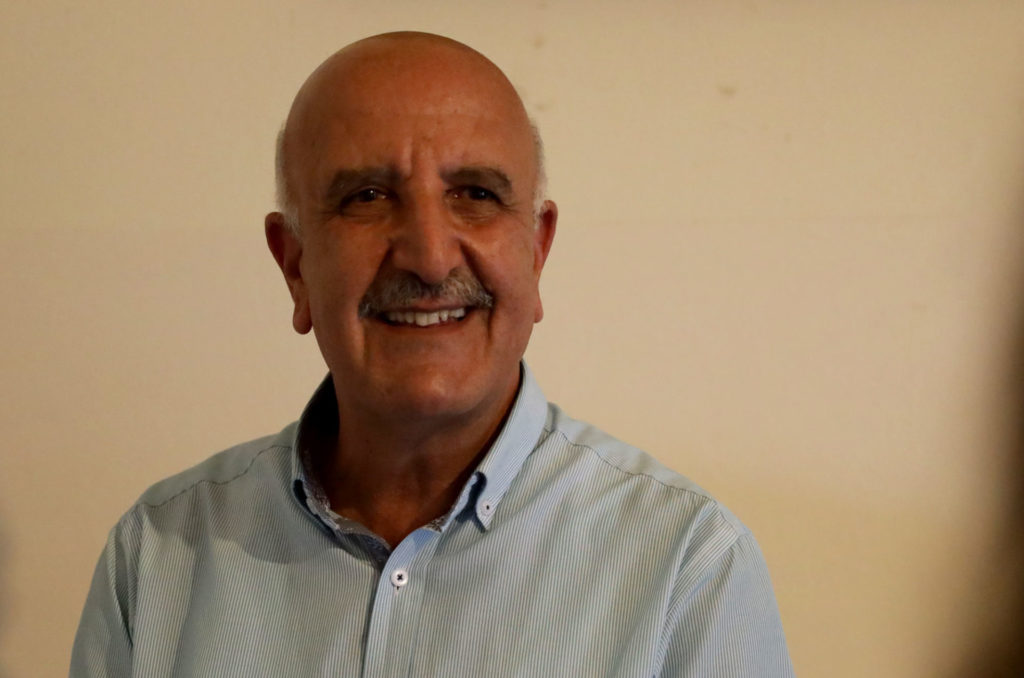



"Our generators had to be turned on day and night to safeguard the vaccines, despite the unbelievably high costs.”
According to the UN inter-agency committee in Lebanon, in response to its appeal, it has received the least voluntary funding for the energy sector — only 4% of the total appeal. Anera is committed to going beyond the Lebanese Crisis Response Plan to expand energy services to Syrian refugees.
Anera has coordinated a project to install solar power systems at medical clinics in Lebanon. The solar panels, inverters, and batteries were donated by Direct Relief, a nonprofit association devoted to providing medical attention and aid internationally. Supporting the centers with solar systems will increase access to quality health services for refugees.
The donation of solar panel installations was distributed to four clinics, selected to target patients from impoverished communities in both north and south Lebanon. The healthcare centers include Tofahta Medical Center in Saida, Hassan Khaled PHCC in Hishe, Akkar, Mouwasat AlKhairy HCC in Hrar, Akkar, and Tal Hayat Dispensary in Akkar.
Riad Sayyad, the president of Tal Hayat Dispensary, says,
“The association was founded in 2007, following the opening of the medical center in the 1990s. With the worsening conditions and the skyrocketing prices of fuel, gas, and electricity, the solar panel donations by Anera truly helped us reduce costs and shift to sustainable power options. Our whole situation changed after Anera provided us with our solar polar system.”
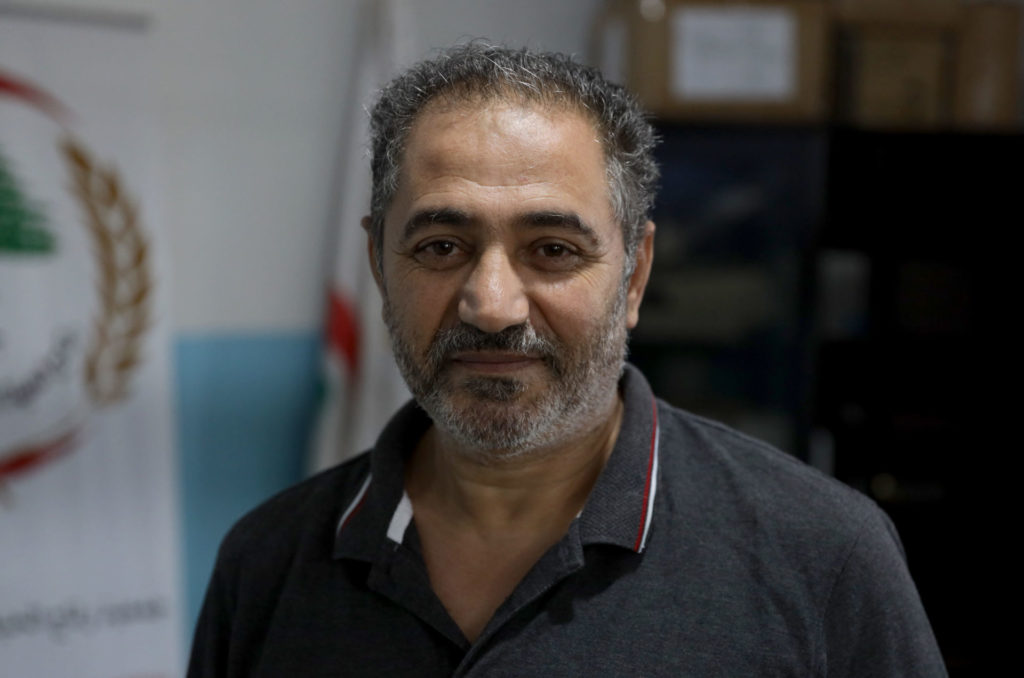



"The solar panel donations... truly helped us reduce costs and shift to sustainable power options.”
Sayyad says,
“We run a series of training programs such as English language courses, sewing, and adult literacy programs. Still, we had to discontinue a number of them due to lack of funding and low enrollment. Our center offers a number of services, all at a negligible cost [to the student]. And we rely on donors, both organizational and individual, to help cover operational costs.”
The selected healthcare clinics mainly serve Syrian refugees, but also Palestinian refugees, migrants from other countries, and Lebanese patients, and provide quality healthcare services and medicines to these vulnerable populations.
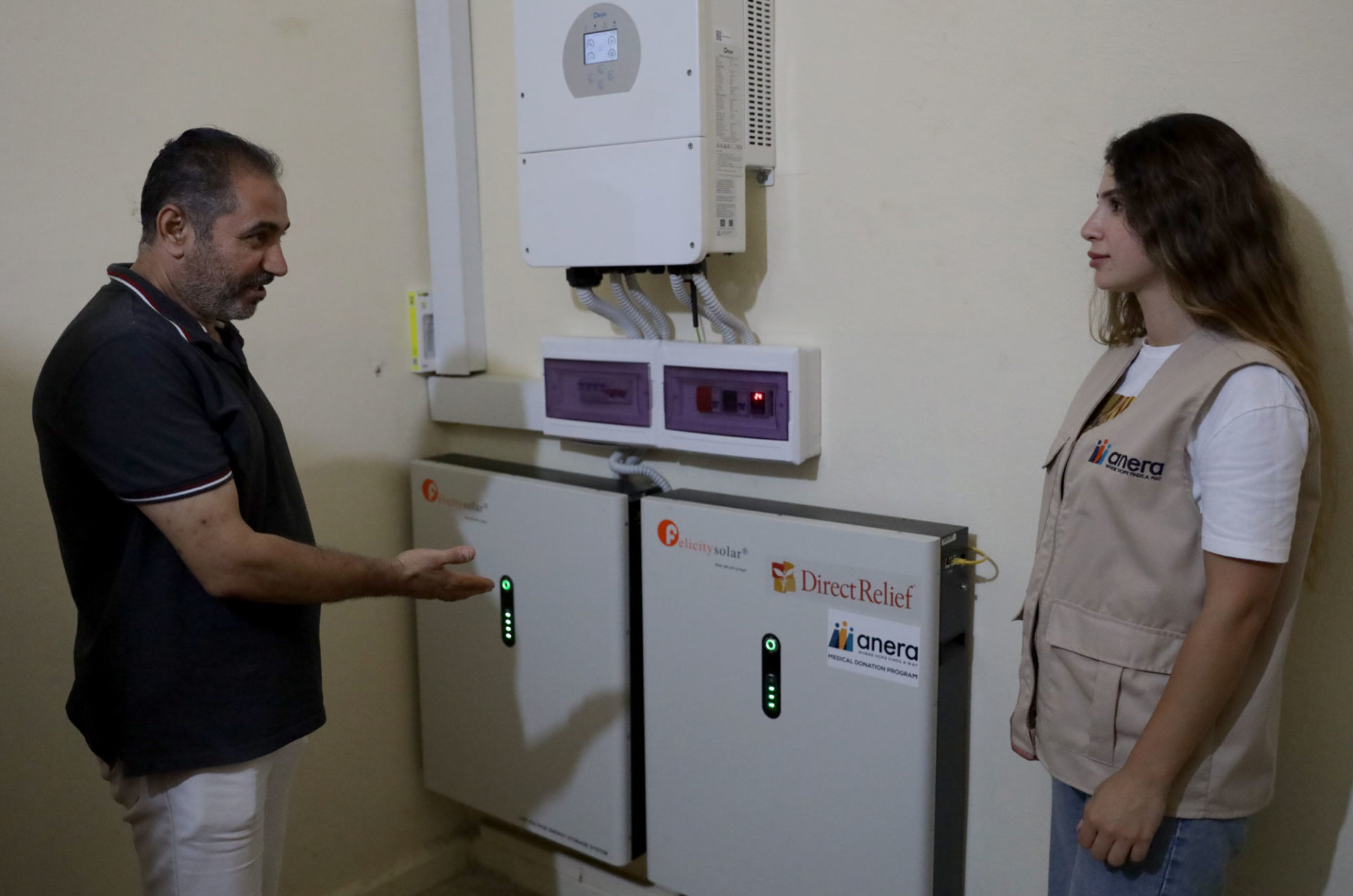

The health clinics we’ve installed solar systems on serve a total population of 99,500 people, with at least 10,000 patients suffering from chronic conditions. These patients often have chronic illnesses that require regular medical care like hypertension, cardiovascular and circulatory diseases, diabetes, hyperlipidemia, and respiratory tract diseases.
In total, Direct Relief and Anera donated 51 solar panels, generating up to 560 watts per hour for each healthcare center.
Hazim says,
“Anera donated solar panels, and this considerably helped our center. It gave us another lease on life. Now, we can sanitize all our tools using machines without worrying about electricity cuts, and can properly treat all patients. I’d like to thank Anera, as it helped us light the center, and facilitated everyday performance.”


These solar panels "gave us another lease on life. Now, we can sanitize all our tools using machines without worrying about electricity cuts, and can properly treat all patients."
Anera also upgraded the basic acid batteries into lithium batteries to make the solar system more durable and to extend the life span to 10+ years.
Installing solar panel systems allows these healthcare centers to keep the lights on, but it also powers their computer systems and all of the medical equipment required in modern health and dentistry, like drills, sterilizers, nebulizers, ultrasound machines and laboratory equipment.
Atat says,
“Now the centers have sustainable power 24/7 to support patients with medications and immunizations. This intervention had a great social impact. We’re getting calls from more of our health partners seeking solar energy solutions to provide comprehensive health services.”
Sayyad says,
“We used to pay 5 million Lebanese liras for just a few scattered hours of electricity throughout the day, and had to rely on our private generator which is expensive to run in this crisis. Now, we have 24-hour electricity without being drowned in financial burdens.”
